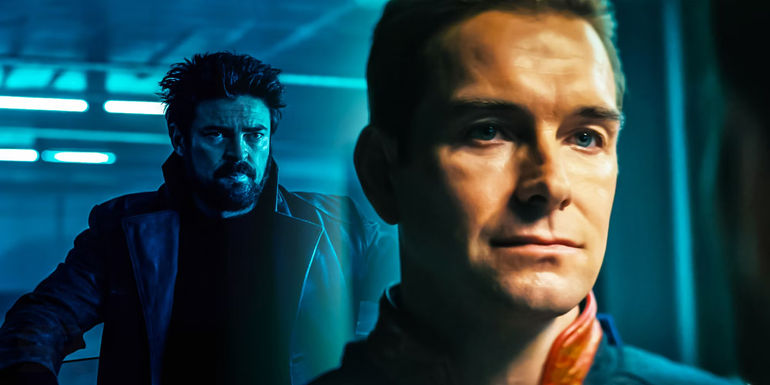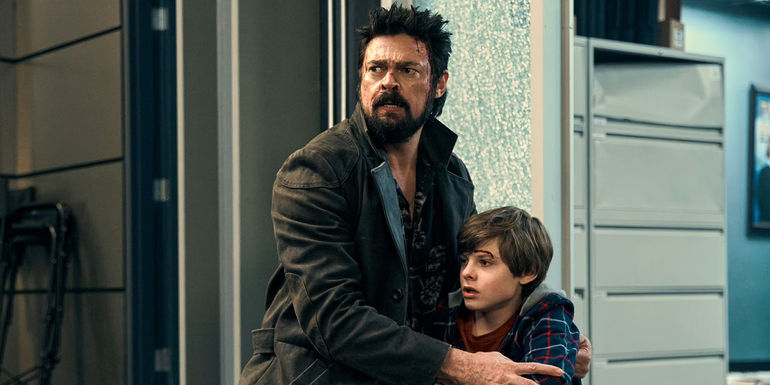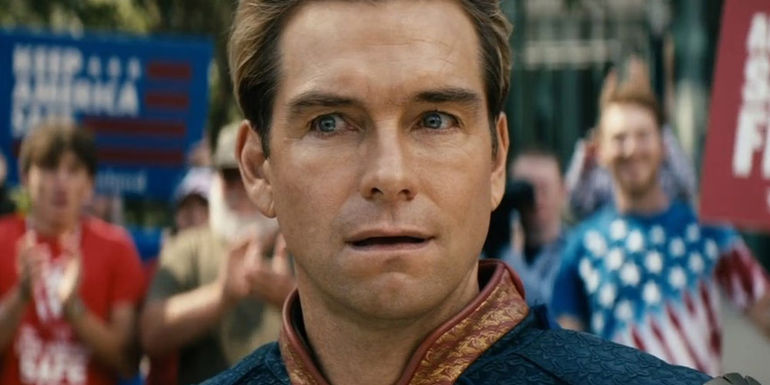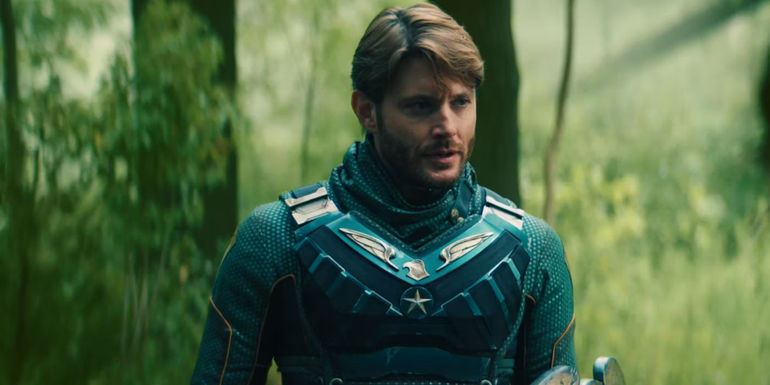
Exploring the Complexities of The Boys Season 3 Finale

A deep dive into the divisive season 3 finale of The Boys, analyzing its storyline, character developments, and the impact on the future of the show.
The Nuanced Finale: Good vs. Bad
The Boys season 3 finale left viewers with mixed emotions, sparking intense debates and discussions. The episode, despite its flaws, was a culmination of the show's intricate storytelling and character arcs. As the finale unfolded, it became evident that the narrative was leading to a 'scorched earth' battle, setting the stage for a climactic showdown between Butcher and Homelander.
A blended image of Karl Urban' as Butcher and Anthony Starr as Homelander from The Boys as they look unhappy
However, the unexpected entrance of Homelander's son, Ryan, diverted the anticipated confrontation, leading to a complex chain of events. The decision to attack Soldier Boy instead of Homelander subverted expectations and highlighted the moral ambiguity of the characters. Actor Jensen Ackles' revelation about Soldier Boy's survival teased a potential return, adding layers to the unresolved conflicts.
Billy and Ryan in The Boys Season 3
The finale's portrayal of Homelander's realization about his unchecked power and public adulation for his violent actions further deepened the sense of impending chaos. The episode, while contentious, showcased more positive elements than negative, underscoring the complexity of its characters and their evolving motivations.
Closeup of Anthony Starr as Homelander, looking uneasy with his mouth open in The Boys Season 3
Avoiding Repetition: A Season of Evolution
The decision to deviate from a predictable showdown between Homelander and Butcher in the finale was a strategic move to avoid repeating the show's previous battles. The pivotal 'Herogasm' episode, featuring an epic clash, set a high standard for confrontations, challenging the writers to innovate and elevate the stakes.
Soldier Boy in his Gen V cameo
The inclusion of Ryan and Maeve's vendetta against Homelander added layers of complexity to the narrative, ensuring that the finale didn't retrace familiar ground. By exploring the consequences of previous conflicts and character dynamics, the show successfully avoided stagnation and showcased its commitment to narrative evolution.
The Hypocrisy, the Narcissism, and the Unraveling
The portrayal of Billy Butcher's hypocrisy and conflicting motivations emerged as a central theme in the season 3 finale. His convoluted stance on superheroes, compounded by his alliance with Soldier Boy and moral contradictions, reached a crescendo in the final conflict.
The unraveling of Soldier Boy's character, from a former icon to a narcissistic antagonist, showcased the depths of his malevolence. His willingness to endanger children, including his own, underscored the contrast between him and Homelander, revealing a darker shade of villainy.
The season's exploration of Homelander's descent into madness and the necessity of his presence in the narrative highlighted the show's commitment to nuanced character development and the complexities of power dynamics within the superhero genre.
















